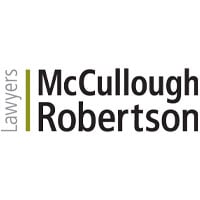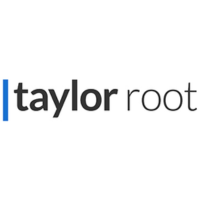
General counsel | Bupa APAC



Maria Marinelli
General counsel | Bupa APAC
Team size: ~40
What has been the number one challenge that has impacted you over the past year?
Working in a multi-national healthcare organisation covering multiple jurisdictions with multiple and very diverse businesses most of which are heavily regulated with lots of regulatory reform and scrutiny whilst still working our way through the impacts of Covid and Covid restrictions has meant it has been a very busy time for me over the past year. Being on top of, and working with, the business to operationalise regulatory requirements in a compliant manner has been challenging particularly given the workforce challenges we have been facing in the healthcare industry, particularly in our aged care business. Being comfortable and adaptable to uncertainty is key.
To help manage an increasing and uncertain workload has meant looking to less traditional ways of managing the legal function and how we provide our legal services. Exploiting technology, such as bots and AI, has been a great way of testing how we can do things better and more efficiently. This allows my team and I more time to focus on the more strategic or high-risk legal matters which ultimately provide greater benefits to the business and the pursuit of its objectives.
Looking forward, what technological advancements do you feel will impact the role of in-house legal teams in the future the most?
The trend of increasing workloads is an aspect impacting all legal teams, Bupa APAC included, which has meant that our team has had to look at improving processes and legal technology implementation to support this increased workload. As a legal in-house team, we have considered the best use of our teams’ time and expertise, including technology. We have already implemented legal automation with Josef, and continue to look at emerging technologies such as natural language processing and machine learning technologies, and these two will definitely change the way our team operates and that of any in-house legal team in the future.
However, advancing technological efforts has meant that our lawyers have had to develop a different set of skills than those we were taught in a traditional legal education. This will impact lawyers in in-house legal teams as there will be an expectation that digital skills, whether taught in university or learnt on the job, is a requirement of their role.
What would you say are the unique qualities required to be successful as an in-house lawyer in your industry?
Curiosity – the world of health care is incredibly complex with many dependencies on third parties which are outside of our control. If you have no interest or curiosity in the business you are seeking to support and enable, then maybe you should look elsewhere because, without curiosity and knowledge of the industry and business, your advice will not have the commercial edge that adds value to the business.
Speak up – do not feel like you can only comment on legal issues. Your contributions in other aspect of running a business are more welcomed than you think so make sure you speak up and are actively contributing to all aspects of decision making. You are there as a business leader and whilst legal skill is your superpower, your other contributions can really add value to and help ensure effective, informed, and sensible decision making and building rapport and respect within the business – in fact, it is those additional contributions that make the difference between a solid in-house lawyer and an exceptional one. Always remember, on certain topics, your views are not optional, but you have a duty to share them – so do not be afraid to speak up.